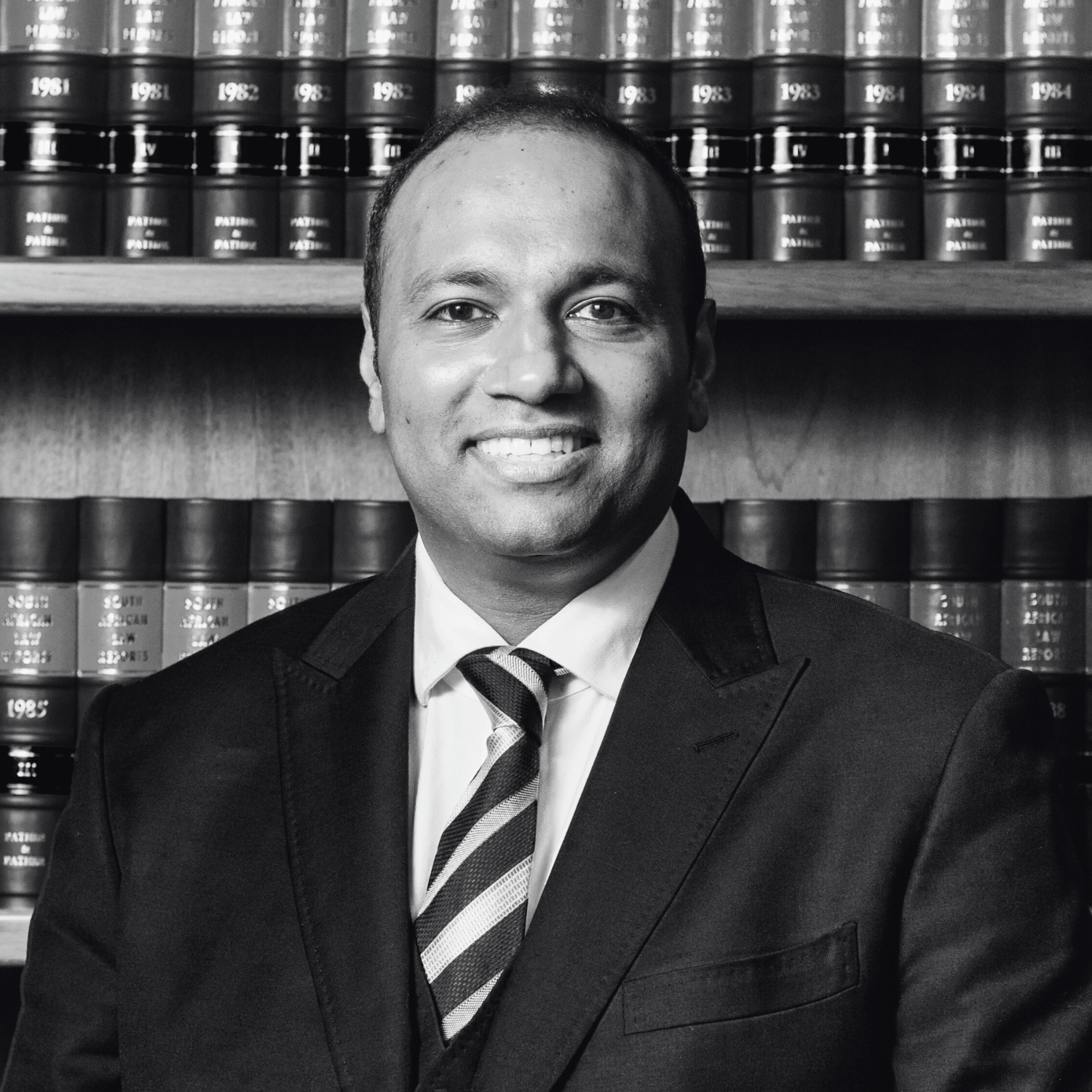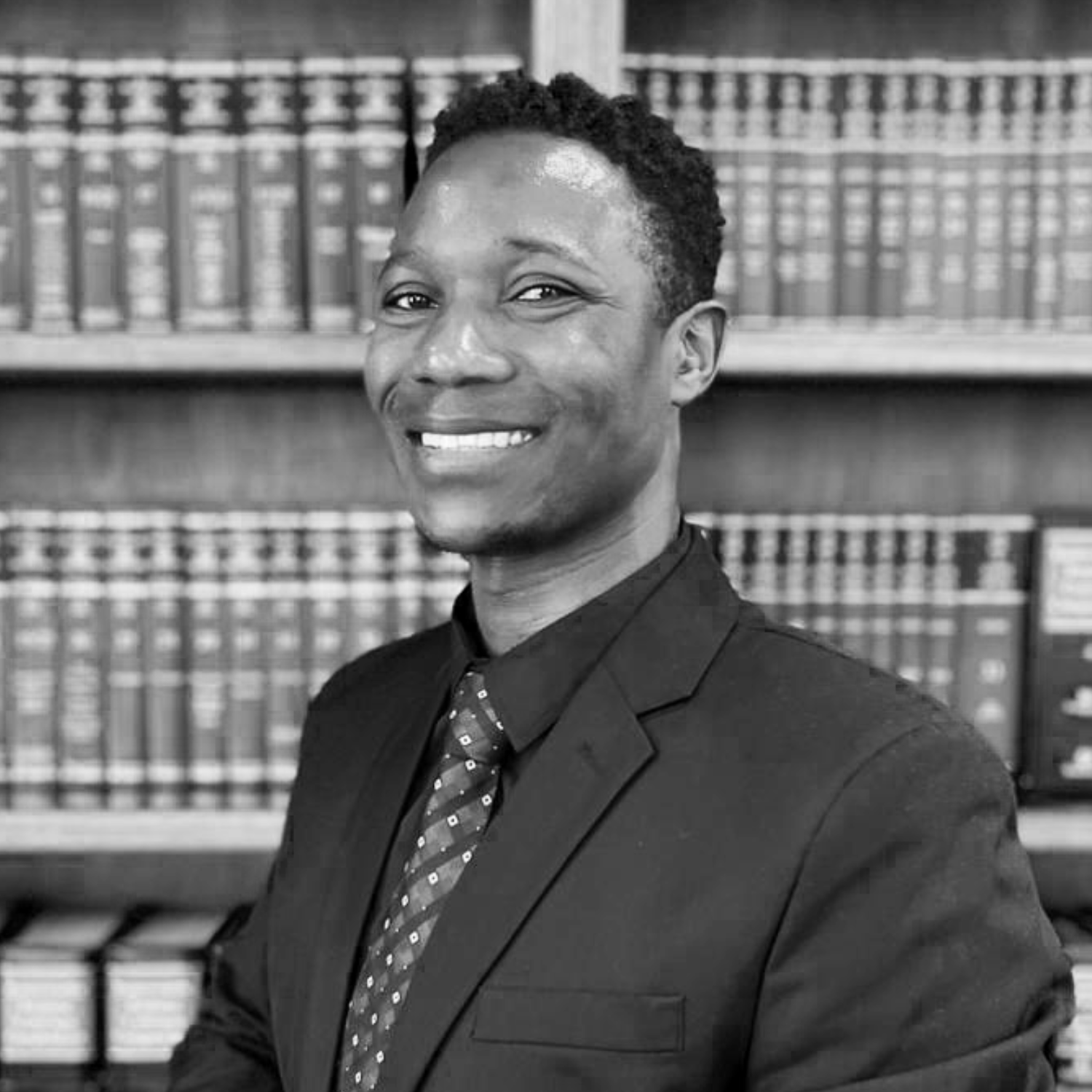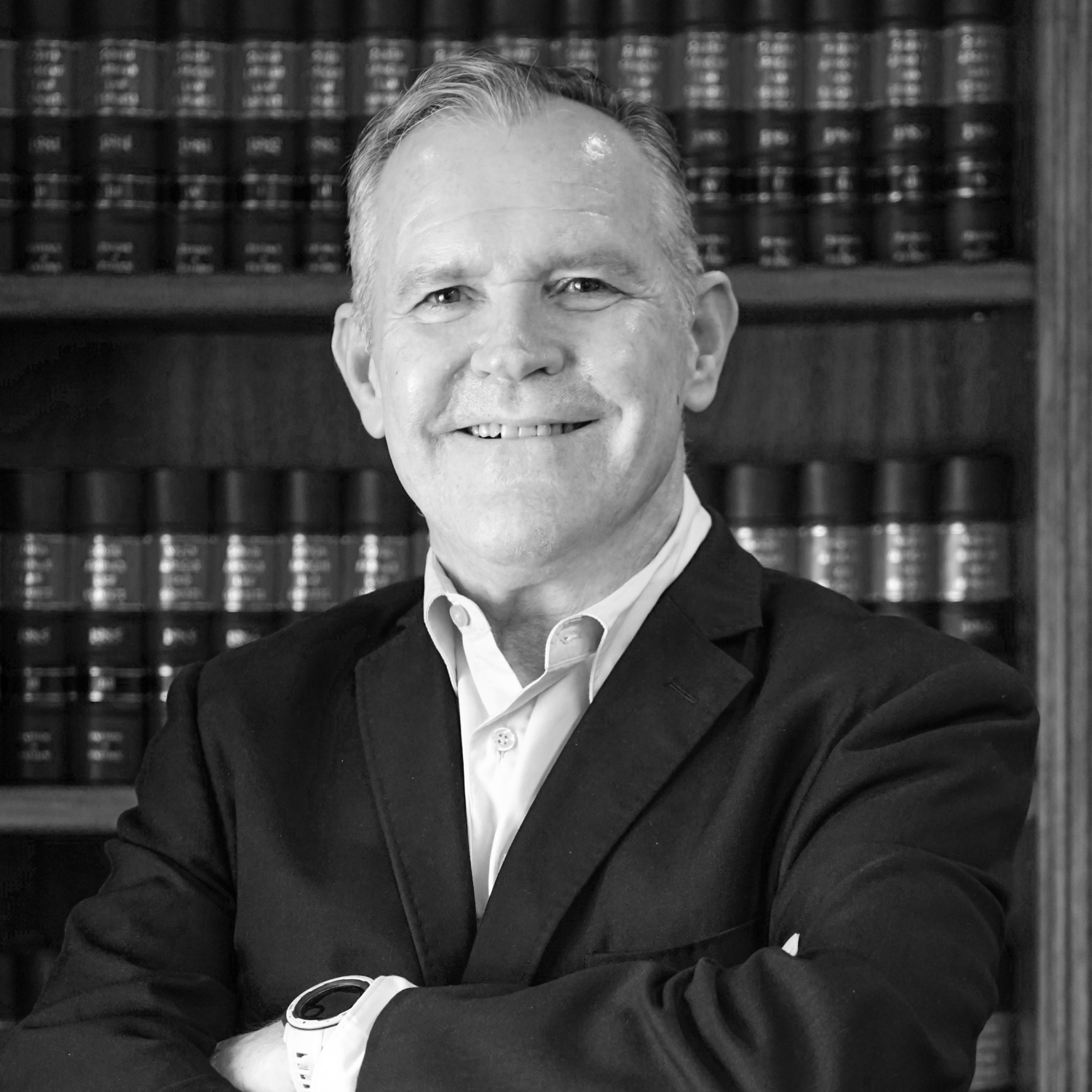South African testate succession allows a person to leave his assets to whoever he likes, with few limitations. This is called freedom of testation which finds application in the Latin maxim voluntas testatoris servanda est [a testator is free to dispose of his estate as he wishes]. This means that a testator’s wishes must be carried out as far as legally possible and a court of law will not lightly interfere with a testator’s wishes.
Some of the common law limitations to freedom of testation are provisions in a will that are (a) generally unlawful, (b) against public policy, (c) impracticably vague, or (d) impossible.
Unfortunately, many testators use their wills for revenge or trying to control from the grave. This reminds me of a case where a testator provided for certain bequests to his wife and his daughter. The testator prescribed certain conditions in terms of which the benefits accruing to his wife and daughter were subject to forfeiture:-
a] ” my spouse shall under no circumstances follow an immoral lifestyle;
b] ” my spouse, wherever she may reside, shall not permit any stranger to co-habitate with her, except if such a person can be regarded as a mere visitor and, in such a case, the visitor may co-habitate with her for a maximum period of one week per year; male persons will never be accepted as visitors except when they are accompanied by their spouses; and
c] ” my spouse and daughter shall not after my death utter or write any derogatory remarks about me “
In an application for an order declaring the three conditions to be invalid the applicant (the wife) contended that the conditions were invalid for vagueness and uncertainty or because they were contra bonos mores [against public policy].
In our post democratic era, bequests by testators to public institutions (such as universities) that discriminate on grounds of religion, race, gender, etc. has been found to be against public policy and declared unconstitutional. When drafting your will, it is important to consult with a professional advisor, especially in light of the common law, legislative and constitutional limitations.
by Wim Visser


































